

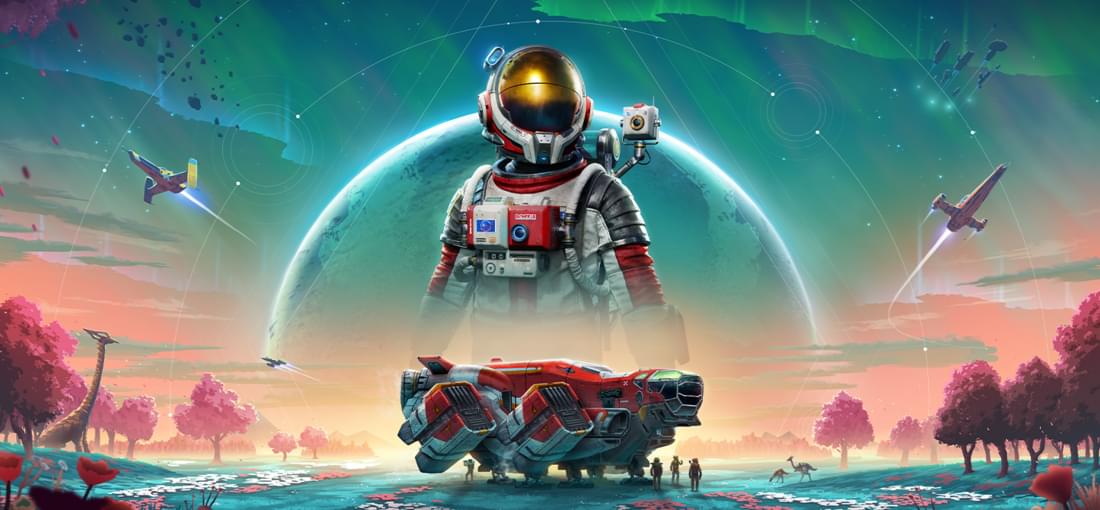
I've been playing this game since release, and over the roughly 2 years since then it has basically been remade from the ground up (writing this just after "Visions" release). The original release was obviously very divisive, and understandably so. It seemed like there were two versions of the game pitched pre-release; the "chill exploration game" and the giant ambitious multiplayer space sim, only one of which was really delivered on. I was disappointed by the release version in a number of ways (mostly performance related), but enjoyed it as the chill (albeit kind of janky) exploration game. It was good for what it was, but could/should have been great. Well, in my opinion at least, it now is. They've delivered on both promises at this point, much more than i had expected, and still more is evidently in the offing. It's now every bit the game i had in my head when watching the first reveal trailer, and then some. I think if you are into space games (and have a beefy modern system) this is an essential game. Which brings me to my one big caveat; the performance on this game is still a (weird) issue. Right now the game runs mostly fine on my system, but following the past 3 major updates the game has been borderline unplayable for at least a month afterwards before unspecified issues were (apparently) resolved. Thankfully Gog allows opting out of updates and rolling back to previous versions... Anyway, short version is don't let the questionable history of this game scare you off of what is now a fantastic experience.
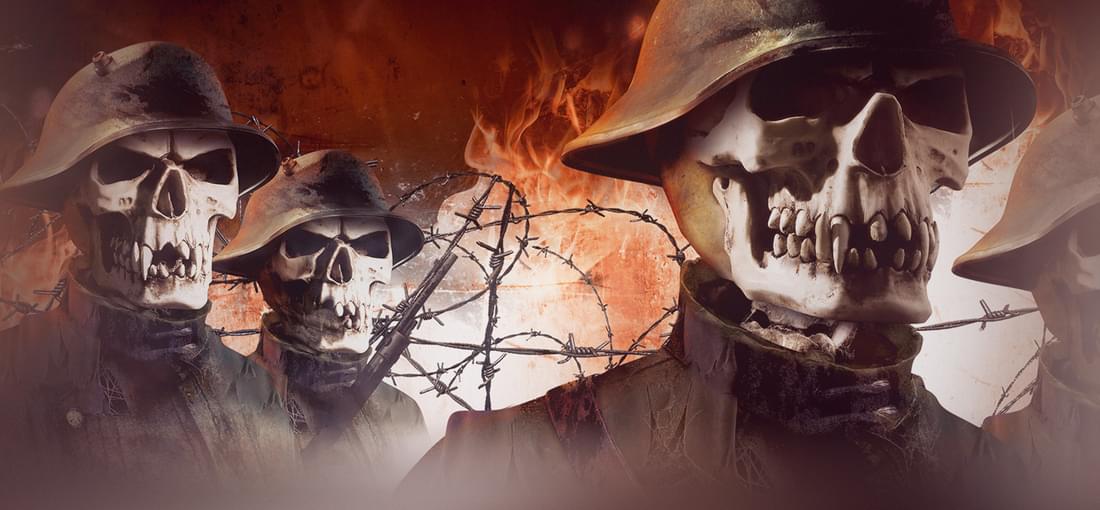
There are a handful of games that for me are insta-buys when they get released here, and super-weird Necrovision is one. I’m cribbing here from a review a wrote a while back, but Necrovision is an ultra strange fps with some very innovative mechanics that makes tonal inconsistency into an art form. A few hours in you’re standing, dual-fisting watercooled machineguns, listening to some crippled squaddie whinge about how he can’t write to his wife because he’s blinded by mustard gas and blah blah, and then you turn your face to the troubled sky and muse aloud about the horrors of war. And then you drop kick a guy off a castle, and yell “eat justice”. It has this (ultra clumsy) melancholic All Quiet on the Western Front ambiance thats wonderfully undermined when you get combo multipliers for stabbing Paul Bäumer with your bayonet before blowing his face off (“Shoot ‘n Stab!” flashes on the screen, and then electricity shoots out of you). Probably the best microcosm of this bipolar personality is that your guy in the game actually has two voices. The one sounds like Patrick Swayze and does this world weary, war-is-hell-but-I-retain-my-sense-of-humor thing, and alternates between variations on “how did it come to this” and cornball one-liners like “wanna dance?”, and the other one sounds like Dr. Claw from Inspector Gadget, and is all one-liners, all the time. So you’ll be wandering through trenches and Patrick Swayze will be waxing poetic about man’s inhumanity to man, and then you’ll blow a dudes legs off with a trenchgun in slow motion, and Dr. Claw yells “Respect my Skillz!” Over the course of this game you will pilot WWI battlemechs, fight flaming stingrays and giant skeletons in wheelchairs, ride a dragon in hell, explore a underground city of vampire mole people, and a ton of other things that independently justify this absurdly low asking price. Come for the hilarious tonal shifts and gonzo story, stay for the proto-Bulletstorm combo/scoring mechanics.
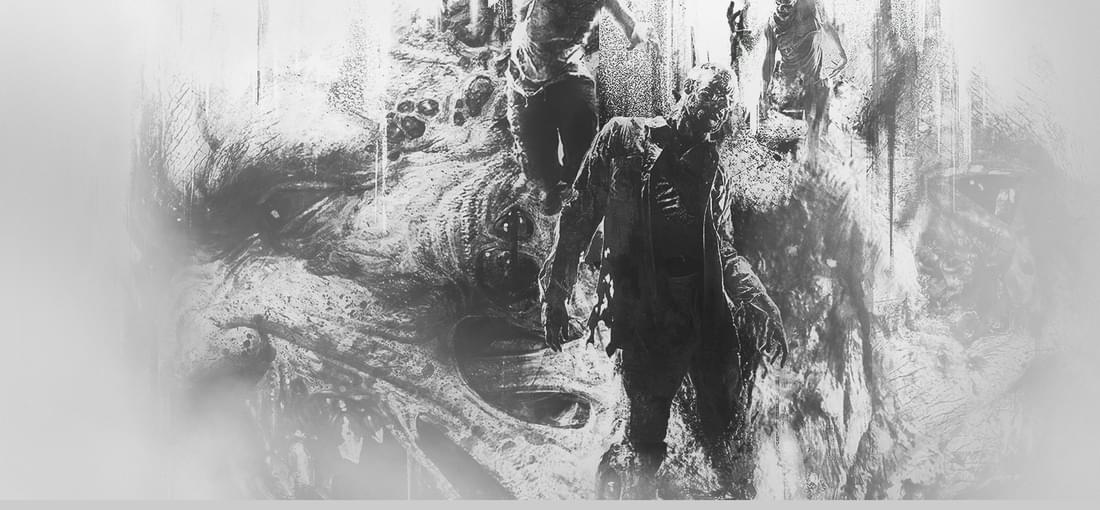
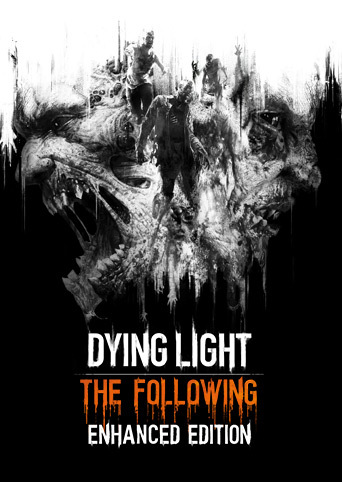
I own this on Steam, and it is a fantastic and underrated game. I say underrated, despite generally positive reviews and decent popularity, so let me explain why. Critical reviews generally treated the game as a minor league Ubisoft imitator, cribbing from Far Cry/Assassins Creed. I would argue instead Dying Light is a very smartly designed “immersive sim” in the vein of System Shock, Deus Ex, etc., and has much more in common with those games than it does the Ubisoft open world games it superficially resembles. Ubisoft’s open world franchises are essentially theme park games; a big map board with little icons showing all the different activities you can do. The meat of the game is in these scattered, self-contained activities and in a series of linear story missions. In Dying Light, the meat of the game is in interacting with the world itself. Immersive sims succeed when they model the elements of their world well enough that players can use real world problem solving to creatively approach in-game problems. Here Dying Light gets a surprising amount of mileage out of ‘zombie lore’, which offers ready-made and immediately intuitive rule systems (and excuses dimwitted AI). Make a loud noise and it attracts them - but make a loud noise over there, and it distracts them. And so on. And the game is smart enough to recognize that necessity is the mother of invention and that great moments of emergent problem solving usually only occur when players are faced with seemingly insurmountable problems. Greats in the genre, games like Dishonored and Bioshock failed to recognize this, that a million creative ways to solve a problem don’t mean much when far and away the easiest solution is to just shoot said problem in the face (or “blink” past it). The nighttime sequences in this game are super tense (especially on the harder difficulties) and will create some of the game’s best moments. Wish I bought it here. (Side note: there's a demo if you're on the fence).
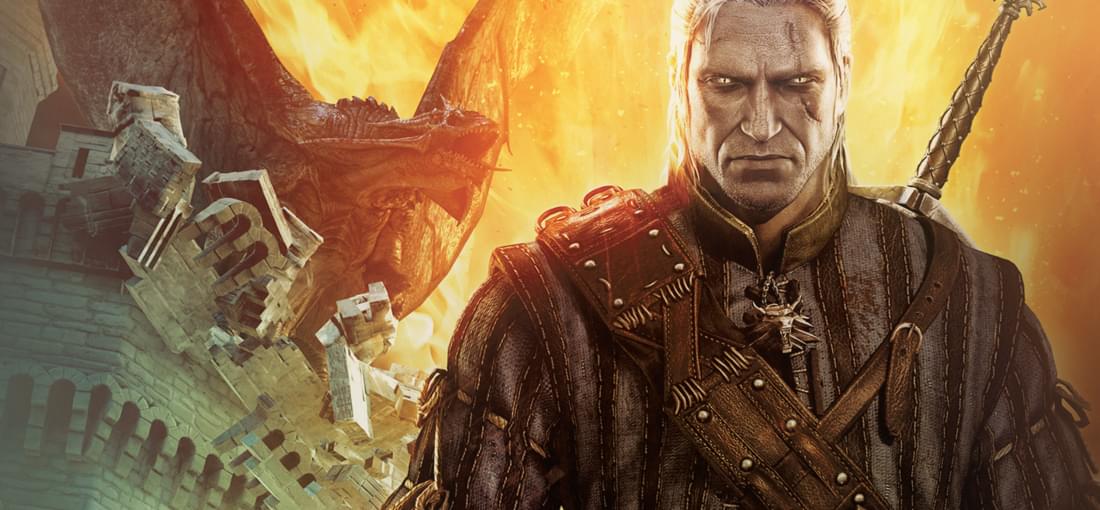
By and large the games that have the most time and money invested in them, and have the resulting "AAA" levels of polish and production values, are also those "play it safe". Publishers with deep pockets also seem to be tremendously risk-averse, and as a consequence nearly every triple A title is tried and true concept that breaks no ground (from a design standpoint, though often they are technically groundbreaking), streamlined and distilled to simplification. On the other end of the spectrum, risk-taking, complicated, and ambitious games are very often done on a shoestring budget, or no budget at all. The Witcher 2, after that long-winded lead-up, is a game that does not compromise between the two; it is complicated, deep, ambitious, and does it all with a level of technical and artistic production that puts most AAA console titles to shame. There are some cracks in this improbably successful best-of-both-worlds, namely some clunky controls, and some poorly explained features, but minor quibbles aside this is one of the finest RPG's I've ever played. The best compliment I can pay to this game is that playing through it is very much like reading a great book. The quality of writing in this game is so far above most (if not all) of its contemporaries, that it sets a very high standard for future games in its genre, and made me reevaluate games I'd previously held to be exemplary. But even this does not fully capture it, because against the contemporary grain of games emulating film, this game fully capitalizes on one of the greatest strengths of the medium; granting the player the ability to author an experience rather than to simply witness it. I'm not typically one to hyperbolize, but I could go on and on about this game with unlimited enthusiasm, so I'll just summarize here by saying if you have any interest in RPGs or even simply story-focused games (and a beefy CPU/GPU), it is a near certainty that you will love this game, and you should probably buy it like right away.